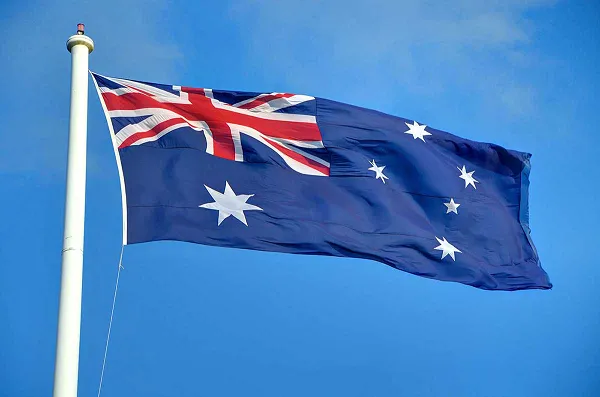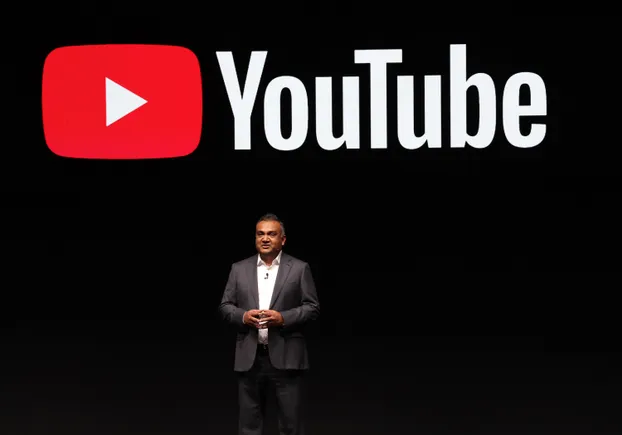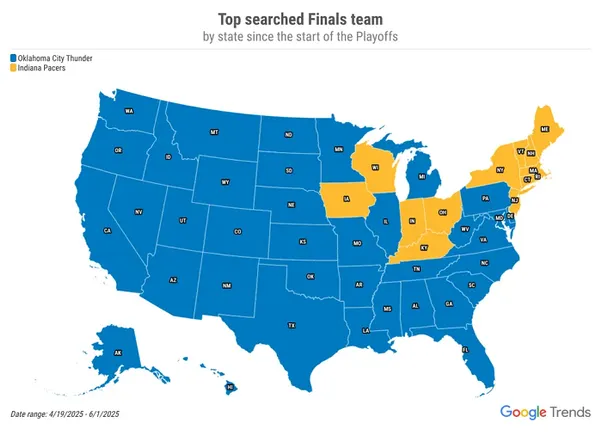# Meta, Google Look to Trump Administration to Fight Australian Regulatory Prices

For these nonetheless confused as to why Meta and Mark Zuckerberg abruptly grew to become followers of Donald Trump straight after the U.S. election, this context may assist.
This week, Meta was amongst a variety of tech corporations, together with Google, Apple, and X, which co-signed a request for the U.S. Authorities to step in to assist them push again in opposition to what they’ve labeled “discriminatory” Australian media legal guidelines that drive them to pay native information suppliers.
Again in 2021, the Australian authorities applied its “Information Media Bargaining Code” which successfully forces social apps and search engines like google to pay native publishers for any use of their content material, together with hyperlinks to their websites.
The invoice goals to handle the impression that digital platforms have had on the advert business, and subsequent writer revenues, by redistributing a number of the cash raked in by the massive apps to native suppliers.
Each Google and Meta have lengthy opposed the invoice, with Meta even banning Australian information shops from its apps for a short while, earlier than the federal government negotiated a truce. Via that negotiation, each Meta and Google finally agreed to lesser income share offers with Australian publishers, although that’s nonetheless resulted in round $200 million each year being transferred to native publishing corporations.
However final 12 months, Meta sought to get out of the deal completely, citing the “de-prioritization of stories” on its platforms. That’s prompted a revision in method from Australian authorities.
And now, the tech giants are hoping that Trump’s USA-first method will allow a stronger pushback in opposition to the laws.
As reported by The Guardian:
“Members of the Laptop and Communications Trade Affiliation (CCIA) responded to a request by the Workplace of the US Commerce Consultant for ‘feedback to help in reviewing and figuring out unfair commerce practices and initiating all mandatory actions to research hurt from non-reciprocal commerce preparations’. The feedback describe Australia’s information media bargaining incentive as a ‘proposed coercive and discriminatory tax that requires U.S. expertise corporations to subsidize Australian media corporations’.”
And on this occasion a minimum of, they’re proper. Australia’s Information Bargaining Code is a misguided tax on tech platforms, which really present extra profit to Australian publishers than the opposite method round.
As famous, the Australian Authorities is at present looking for to amend the code to make sure that the platforms hold paying, even when they had been to dam information completely, like Meta did again in 2021. However once more, this can be a fairly blatant levy on tech platforms purely for being profitable. And whereas native publishers may positively use the additional funding, siphoning it from Meta and Google, which at the moment are their key connectors to their viewers, shouldn’t be the proper method.
The best technique would seemingly be extra stringent tax enforcement, which forces overseas corporations to pay native tax, versus establishing workplaces in tax havens to cut back their obligations.
Meta, for instance, reportedly paid $42 million in Australian taxes in 2023, primarily based on $1.4 billion in native advert income. However native authorities imagine that Meta really introduced in additional like $5 billion in native income within the interval, with nearly all of that being funneled by way of its workplaces in Eire, the place it pays a a lot decrease tax charge.
The Australian authorities did really additionally look to enact this in 2018, to make sure that Meta and others can be pressured to pay their justifiable share below native tax guidelines. However the earlier Trump administration opposed it, saying that it could not stand for U.S. corporations going through greater tax obligations.
However possibly, if the U.S. goes to hunt to keep away from native obligations both method, and impose tariffs on nearly each companion, that might open the door for a re-examination of this selection, with any tax consumption to then be re-distributed to native publishers.
Barring that, it nonetheless appears misguided for the Australian authorities to impose what seems to be like an arbitrary tax on tech platforms just because they make some huge cash. Australian authorities are additionally below strain from native media entities to get extra out of the tech gamers, however once more, the method, as Meta notes, is fairly clearly unfair to its enterprise.
And the Trump Administration has already made it clear that it’s certainly going to again American corporations in opposing overseas regulatory approaches like this.
Meta’s most important goal on this respect is the EU, the place it’s been confronted with an ever-evolving array of complicated knowledge safety and utilization obligations, leading to billions of {dollars} in fines for the enterprise.
However the White Home can also be trying to even out all commerce offers to raised favor the U.S.
As such, I’d count on that Australia might need to revise its method, or say goodbye to the extra income that it’s at present producing from the Media Bargaining Code.
The U.S. authorities will assess submissions earlier than taking additional motion.
Andrew Hutchinson
![#
Find out how to Create a Advertising Technique for 2023 [Infographic] #
Find out how to Create a Advertising Technique for 2023 [Infographic]](https://www.socialmediatoday.com/imgproxy/EmtjZnJ-WtIOXJcNKc8EoDA_BN7gyJxIrtdfgwh8UaQ/g:ce/rs:fill:770:435:0/bG9jYWw6Ly8vZGl2ZWltYWdlL3NlbXJ1c2hfbWFya2V0aW5nX3BsYW4yLnBuZw.png)



